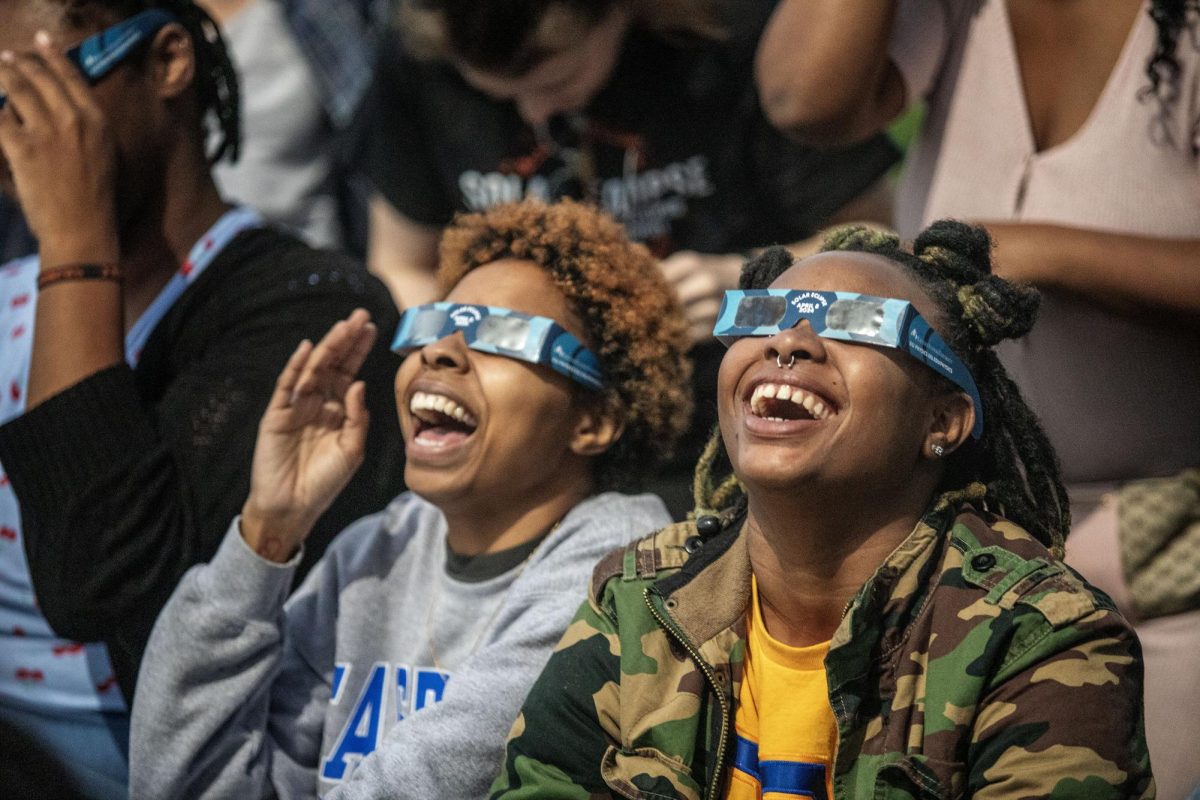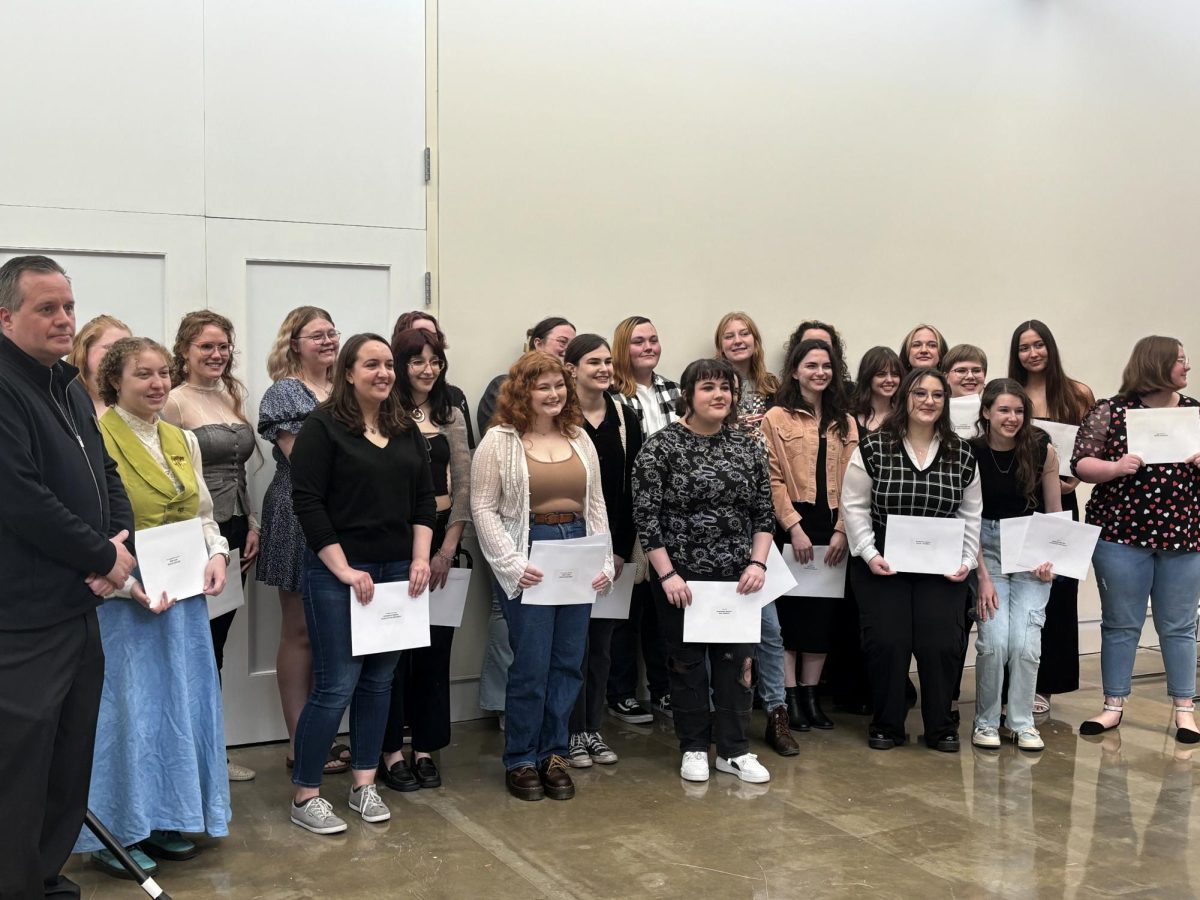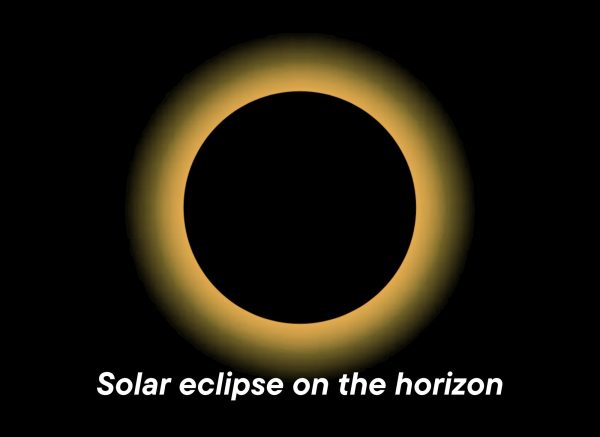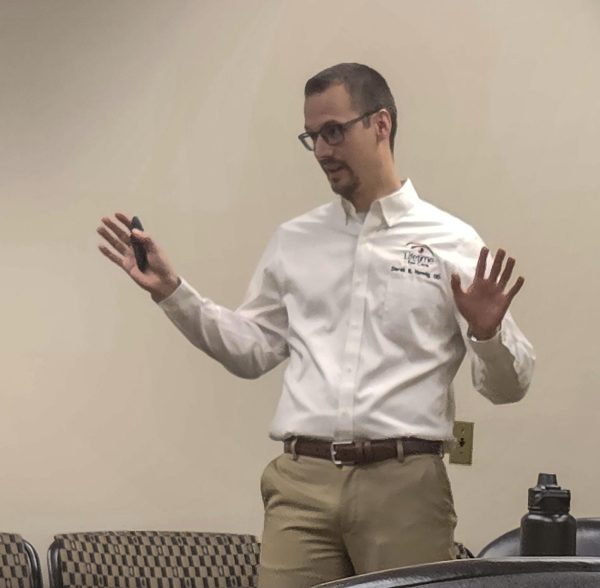Faculty Senate creates subcommittee to review recommendations
February 1, 2017
The Faculty Senate voted to create a subcommittee to review the recommendations of Workgroup No. 7, which looked at academic programs and suggested eliminating or consolidating several of them, at its meeting Tuesday.
The programs being considered for elimination are the bachelor’s programs in philosophy, Africana Studies, career and technical education and adult and community education.
Of these, only philosophy’s elimination could lead to the laying off of Unit-A faculty members.
The Faculty Senate also set a date, Feb. 15, to send out a referendum regarding faculty confidence in the process of the vitalization project.
The language of the referendum asks the faculty to choose if they have “high confidence in the process employed by vitalization Workgroup No.7 and the program review mandated by the president” or if they do not have confidence in them.
Faculty Senate Chair Jemmie Robertson said the referendum is not calling for any specific actions, but its results would be more information to give to the Eastern President David Glassman and Board of Trustees.
“(We would be saying) this percentage of the faculty approved of this process and this percentage disapproved,” he said.
After the Faculty Senate’s last meeting, Robertson said the president included the senate in this process going forward.
“We will, as a senate, have a voice,” he said. “What we need to discuss is how we go about formulating our response.”
Faculty Senate member Grant Sterling said he thinks both the Faculty Senate’s constitution and Council on Academic Affairs’ bylaws suggested planning decisions should be brought to both groups at the beginning of a process like the vitalization project.
He said the question of what the senate thinks of the recommendations is separate from the question of whether it thinks the creation of the Workgroups in the vitalization process infringes upon shared governance.
The Faculty Senate, CAA and Academic Program Elimination/Reorganization Review Committee were all sent information on each of the programs considered for elimination.
Robertson said the newly approved Faculty Senate subcommittee would write a review of Workgroup No. 7’s recommendations, and its proposed language would go up for a vote before the senate and then be sent to the president.
Faculty Senate member Amy Rosenstein asked why the four programs up for elimination or consolidation were specifically pointed out for this.
“What were the points that were made that this, above other programs, should be up for elimination?” she asked. “At the end of the day, in order to have a strong rebuttal to anything, you kind of need to know what the initial argument is so you can create a productive counter-argument.”
She said she has not seen or read what the specific points of contention were over the four programs.
Robertson said the materials received by the Faculty Senate only pertained to the four programs, with nothing that explains why other programs were not included in the category for elimination or consolidation.
“We could request more information,” he said.
C.C. Wharram said the Faculty Senate has been keeping an eye on the vitalization process for a while, and members have insights it would be a shame not to use.
“Even though we might not have the insight into the hearts and minds of various people on the vitalization groups, we have been watching this very closely,” he said.
Though the subcommittee could make conclusions that turn out to be similar or only slightly different from the ones already found, Wharram said this could still be valuable information for the Board of Trustees and Glassman.
“We may not be heard, but we can try,” he said. “If we don’t take the opportunity given to us to be a part of this process…one where our faculty colleagues might be let go…we’re ignoring our responsibilities.”
Faculty Senate member Billy Hung said the senate had two options: to concur to the deliberation and recommendations of the Academic Program Elimination/Reorganization Review Committee and CAA, which he was in favor of; or to “dig into the piles (of information), read the comments, understand the process and provide feedback and critiques.”
Faculty Senate member Teshome Abebe said the senate had a duty to ask for faculty feedback in the form of the referendum.
“Let them decide whether the process was a good one or a bad one,” he said.
Abebe said he is not certain whether its input would mean anything, even if the senate were to review the recommendations.
“I am not certain, I think we should use our time better,” he said. “That’s why (a review) does not make sense to me.”
Abebe said in this case, the purpose of a review is to change someone’s mind, and he does not think the senate will be able to do that as the vitalization project has already gone a long way.
Faculty Senate member Jon Oliver said the Faculty Senate is a little more invested in some ways than the Academic Program Elimination/Reorganization Review Committee, as two senate members’ careers are threatened by the elimination of the philosophy program.
“There’s a humanistic aspect as well, as we have to maintain logic and reasoning,” he said.
However, Abebe told the senate to keep another aspect in mind.
“The moment you begin to question how you’re going to save your job, you’ve already lost it,” he said. “Think about that.”
The senate ended up voting 9-4 in favor of creating the subcommittee to review Workgroup No.7’s recommendations.
The Faculty Senate will talk about staffing and other details about this committee at its next meeting.
Cassie Buchman can be reached at 581-2812 or [email protected].



















































